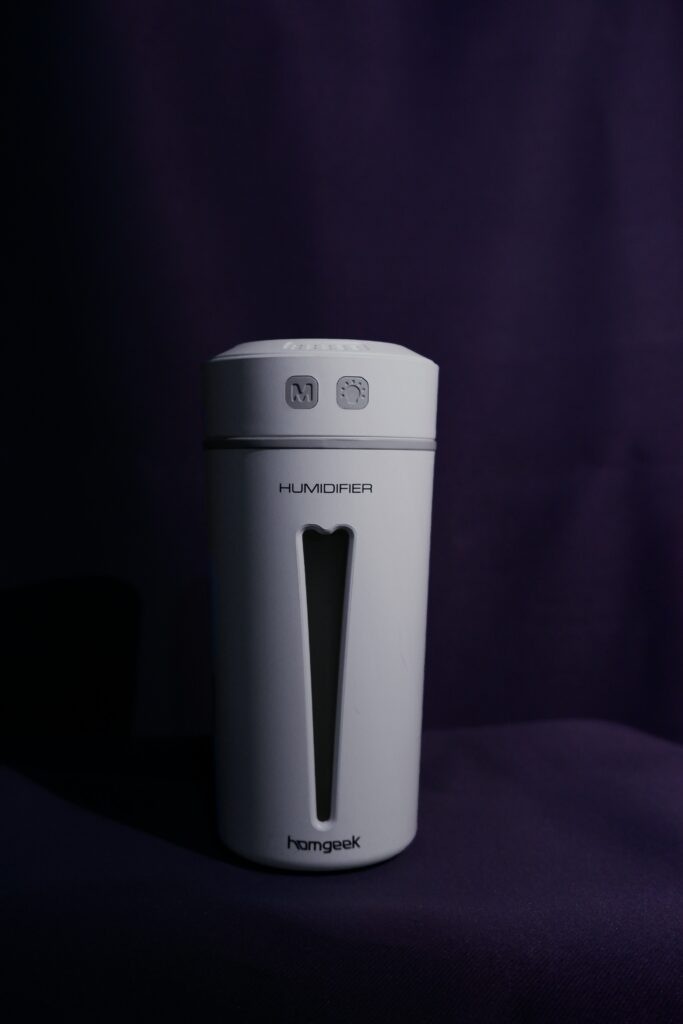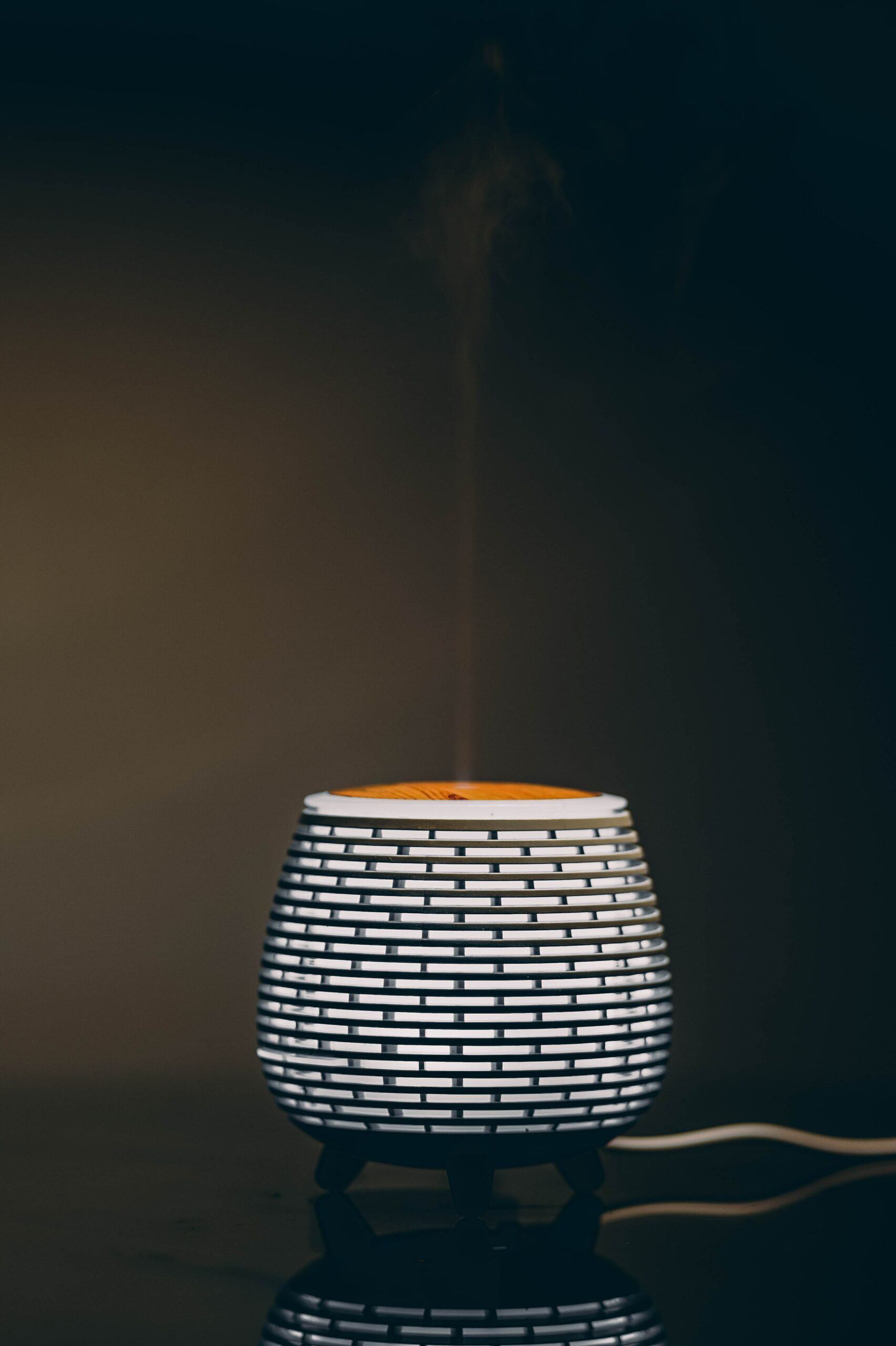There’s a hot debate raging in the world of home appliance enthusiasts: which is better, an air purifier or a dehumidifier? Both have their pros and cons, but we’re here to settle the debate once and for all.
Air purifier vs dehumidifier
There’s no question that both air purifiers and dehumidifiers can be extremely beneficial for your home. But which one is right for you? It depends on a variety of factors, including the climate you live in, the size of your home, and your specific needs.
Both devices work to improve air quality, but they do so in different ways. Air purifiers remove particles from the air, including dust, pollen, and pet dander. Dehumidifiers, on the other hand, reduce humidity levels in the air. This can be helpful if you live in a humid climate or if you have allergies or asthma.
The main difference between these two devices is how they work. Air purifiers use filters to trap particles in the air, while dehumidifiers use coils to absorb moisture from the air. Both devices can be effective at improving air quality, but it’s important to choose the right one for your needs.
If you’re not sure which device is right for you, it’s a good idea to consult with an expert. A professional can help you assess your needs and make a recommendation based on your specific situation.

The pros and cons of air purifiers and dehumidifiers
Air purifiers and dehumidifiers are both common solutions for improving indoor air quality. But which one is right for your home?
Air purifiers remove pollutants from the air, including dust, pollen, smoke, and pet dander. Some models also remove mold spores, bacteria, and viruses. Air purifiers can be used to improve the air quality in a single room or your entire home, depending on the model you choose.Dehumidifiers reduce the level of humidity in the air. High humidity can cause condensation, which can lead to mold and mildew growth. Dehumidifiers can also help to reduce dust mite populations. Dust mites thrive in humid environments and are a common trigger for allergies and asthma.
So, which one should you choose? If you’re looking to improve your indoor air quality, an air purifier is a good choice. If you’re trying to reduce condensation and prevent mold and mildew growth, a dehumidifier is a better option.
How do air purifiers and dehumidifiers work?
Air purifiers and dehumidifiers are devices that improve the quality of the air in your home.
Air purifiers work by trapping harmful particles in the air, such as dust, pollen, smoke, and pet dander. Some air purifiers also emit negative ions, which attach to contaminants and cause them to drop out of the air.
Dehumidifiers work by reducing the amount of moisture in the air. This can help to prevent mold and mildew from growing in your home, and can also reduce allergy symptoms.
The benefits of using an air purifier or dehumidifier
There are many benefits to using an air purifier or dehumidifier, but which one is right for you? To help you decide, let’s take a look at the benefits of each:
Air Purifiers
-Remove allergens, such as pollen, dust, and pet dander
-Reduce household odors
-Help to relieve asthma and allergy symptoms
Dehumidifiers
-Control mold and mildew growth
-Prevents musty odors
-Reduces dust mite populations
-Helps to relieve asthma and allergy symptoms
So, which one should you choose? If you’re dealing with a musty smell, excess moisture, or visible mold growth, then a dehumidifier is your best bet. If you suffer from asthma or allergies, or if there’s a lot of dust in your home, then an air purifier will do a better job of improving your indoor air quality.
